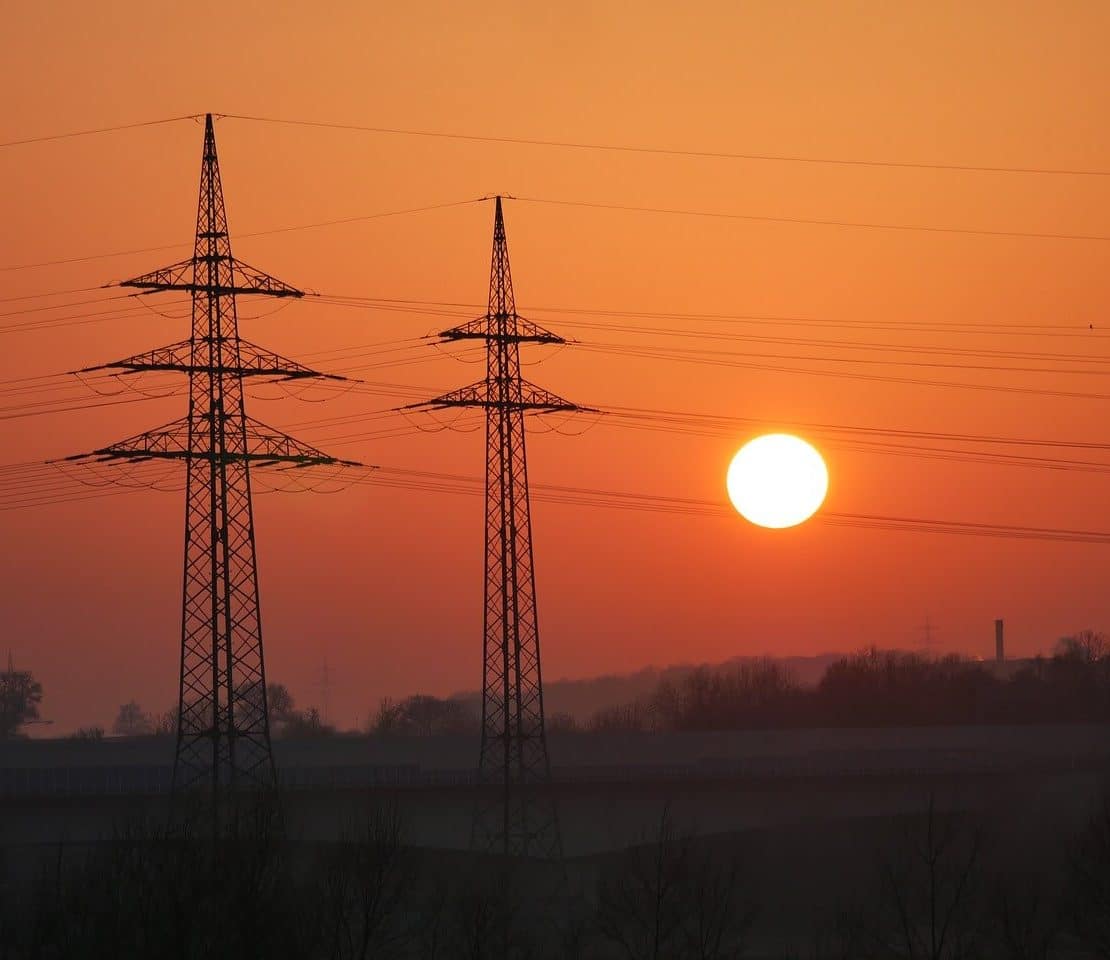The Electricity and Water Authority in Manama closed in June the pre-qualification process for a tender round for Al Dur 2 Independent Water and Power Project. After carefully reviewing the applications, it would award the project on a build-own-operate basis.
The US$ 1.5 billion gas-fired plant would have a generation capacity of 1200-1500 MW. The construction would begin in spring 2019. The government aims to commission its second phase by the end of 2020. According to the World Bank, Bahraini’s power demand has been rising by 7-10% and would reach almost 20,000 GWh by 2020. As of 2015, the total installed power generation capacity of the Kingdom was 3GW. The first phase of the Al Dur Independent Water and Power Project was opened in 2012. The US$ 2.1 billion project consisted of the installation of four gas turbines and two steam turbine units with a joint capacity of 1.2 GW.
Earlier this summer, the state-owned Aluminum Bahrain (Alba) announced it had secured funding for a 1.79-GW combined-cycle facility. In the deal that would boost further the development pipeline in the utility sector in the Kingdom took part the German Commerzbank, JP Morgan, Citibank, Crédit Agricole, and the UK’s Standard Chartered. The power plant is part of the Alba’s Line 6 expansion project that would finish at the beginning of 2019. The Turkey’s GAMA Power Systems would be in charge of engineering, construction, and commissioning the project. Once operational, it would increase the annual aluminum output to 1.5 million tones.
The government has now been working hard to strengthen its distribution network. In 2016, Manama announced intentions to build a BD 180 million ( US$ 477.3 million) 400-kV transmission system to overlay the current 220-kV one and to secure the cost-efficient transfer of bulk power. Siemens is implementing the project. The Italian Prysmian Group provides the transmission lines, while the South Korea’s Hyundai supplies the transformers. The government hopes to commission the network by the second quarter of 2018.
Bahrain’s utility sector has also been using cutting-edge technologies to improve the energy efficiency. Abdul Hussain bin Ali Mirza, Minister of Electricity and Water Affairs, commented:
Among the key initiatives concerning technological advancement and the development of sustainable electricity are the vast adoption of smart metering and network tools, as well as strategic planning and the development of an efficient and adaptable regulatory framework.
For instance, in 2016 EWA opened a tender for the supply and installation of a smart meter data management system. In addition to that, the government also appointed the Italian engineering firm CESI to integrate renewable energy generation within the network in cooperation with the Bahraini’s Sustainable Energy Unit.

